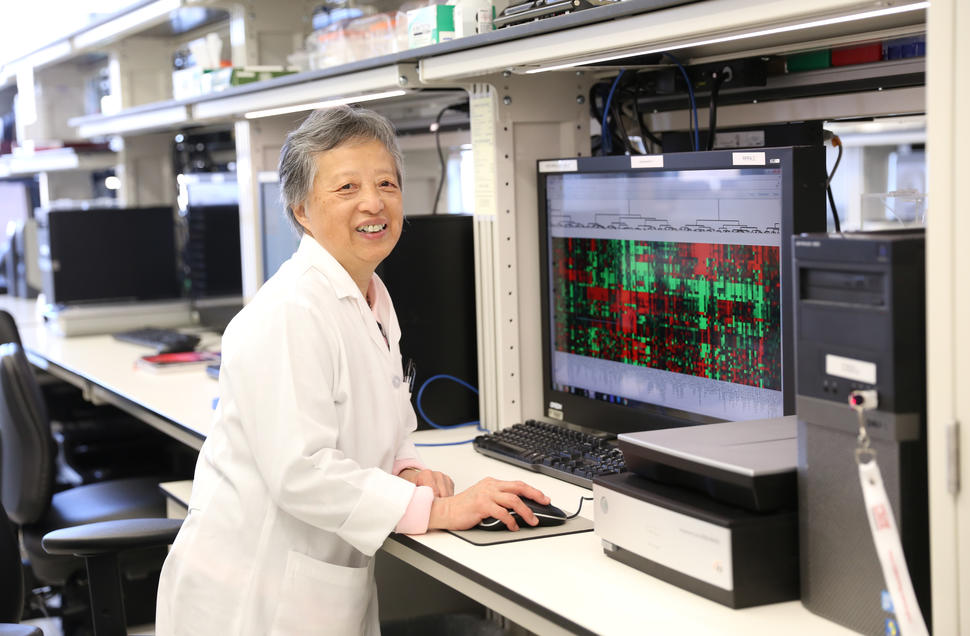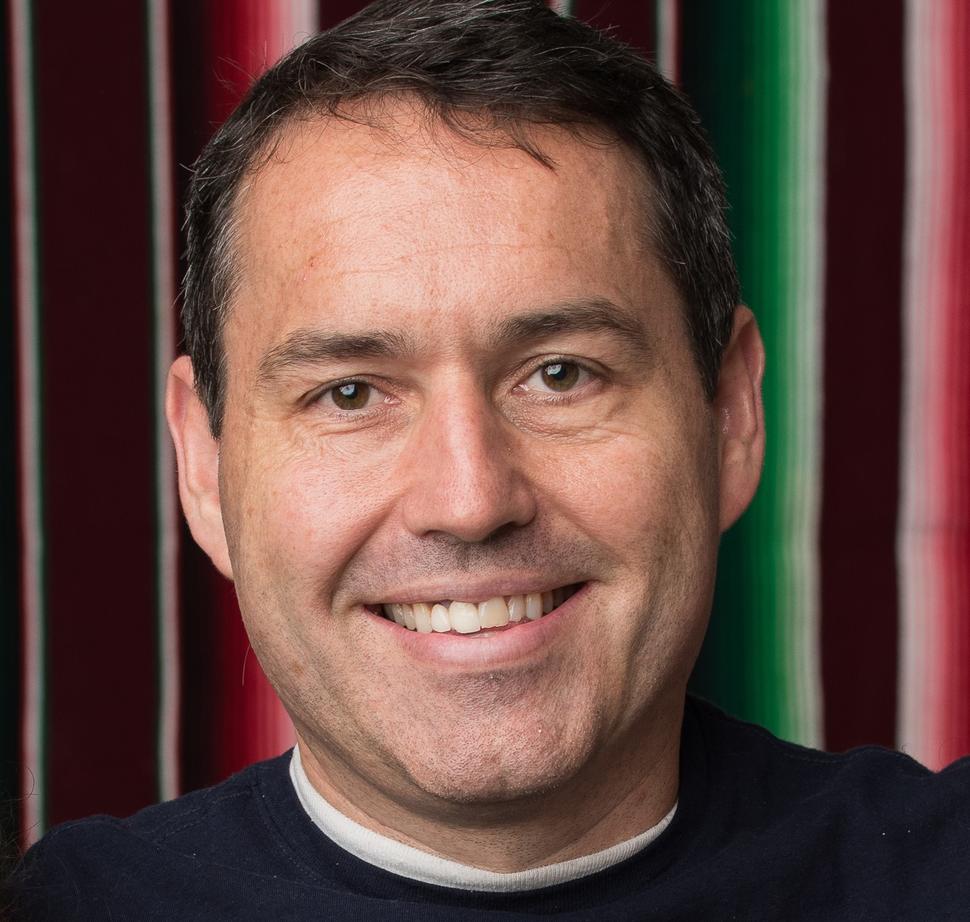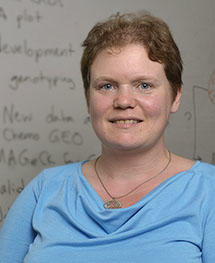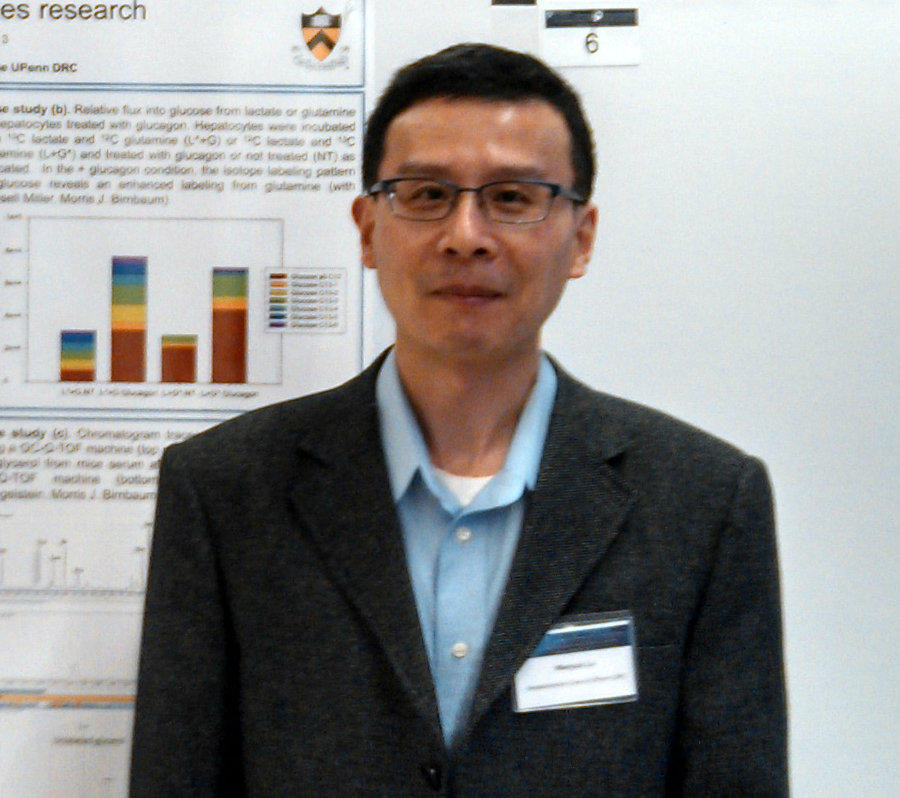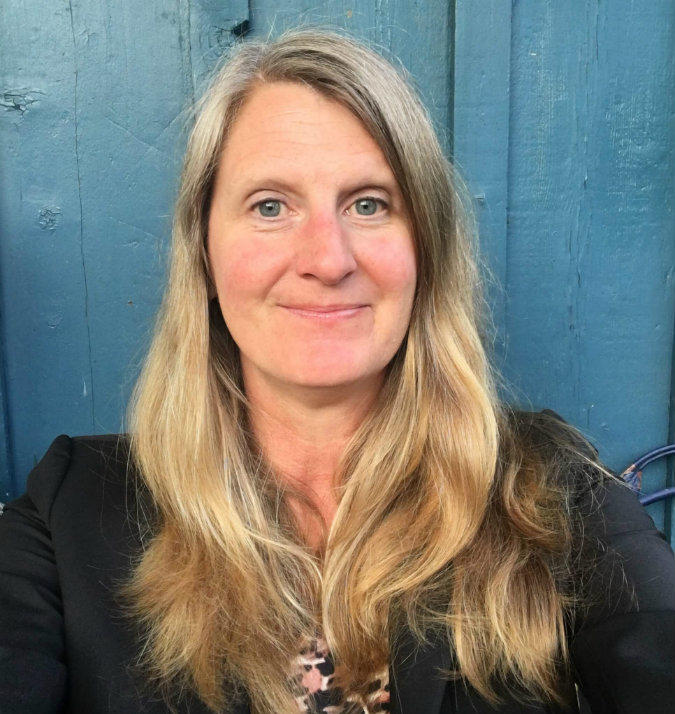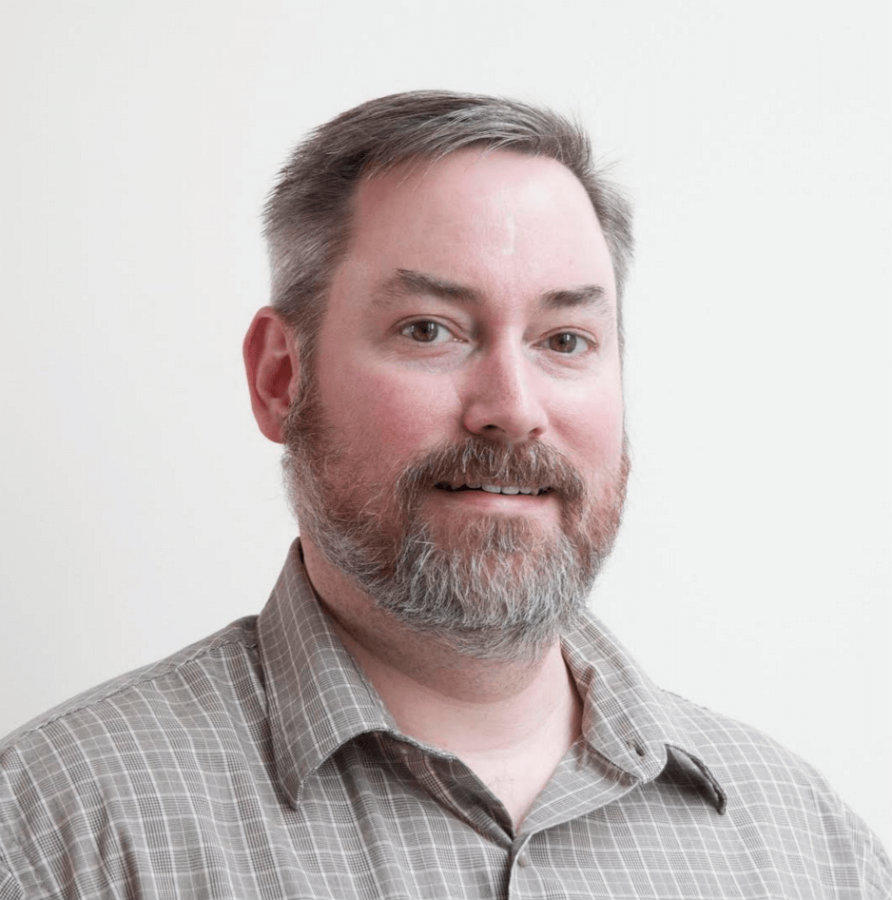The NCI Research Specialist Award encourages the development of stable research career opportunities in any area of NCI-funded cancer research for exceptional scientists who do not serve as independent investigators. These scientists, including researchers within a research program, core facility managers, data scientists, and clinician scientists, are vital to sustaining the biomedical research enterprise. The Research Specialist Award is intended to provide salary support and sufficient autonomy so that individuals are not solely dependent on NCI grants held by others for career continuity.
Current Funding Announcement
The current notices of funding opportunities (NOFOs) include:
NOFO for Lab applicants including data scientists:
Application due dates: November 1, 2024, November 3, 2025
NOFO for Core applicants including data scientists:
Application due dates: November 1, 2024, November 3, 2025
NOFO for Clinician Scientists:
Application due dates: November 4, 2024, November 4, 2025
R50 Recipient Testimonials
Yiling Lu, M.D.
Director of the Functional Proteomics RPPA Core Facility
MD Anderson Cancer Center
“With the NCI R50 award, I can focus on standardizing and improving a proteomics technology to make it a reproducible assay and to provide accurate data sets. It also allows me to examine ways to shorten the turnaround time when my core facility provides RPPA services to the cancer research community.”
Lance Thomas, Ph.D.
Research Assistant Professor
Department of Cell and Developmental Biology
Vanderbilt University
“Oftentimes, staff scientists in the lab don’t get the opportunity to go to scientific meetings. However, the NCI R50 award provides travel funds that allow me to attend conferences where I can present my research to the community before it gets published, network with other scientists, and learn about emerging areas in the field.”
Elizabeth Bartom, Ph.D.
Assistant Professor of Biochemistry and Molecular Genetics
Feinberg School of Medicine
Northwestern University
Frequently, researchers want to quickly get the answer to a specific question, and are less interested in investing in more general solutions. Having the R50 Research Specialist Award gave me more independence to say, “Let’s devote some time to setting up a computational infrastructure that we can use to answer any question, not just the question that you started out with.” That empowered me to create a computational system that many scientists across my university are now using for their studies.
Wenyun Lu, Ph.D.
Technical Director
Regional Metabolomics Core
Princeton University
“With the R50 award, I can focus on the technical aspects of cancer research in a metabolomics core. It allows me to spend more time developing new methods and analyzing samples. Specifically, our core primarily measures small molecule metabolites using liquid chromatography-mass spectrometry to see how they change in tumors and how cancer cells use different nutrients.”
Laura E. Pascal, Ph.D.
Research Assistant Professor
Department of Urology
University of Pittsburgh O’Brien Urology Research Center
(After receiving the R50), “It’s really changed my life. I’m not focused so much on grant writing and worrying about my job stability. I can spend more time doing research and publishing it.
I’ve also taken on more responsibility since I got the award. I’m able to focus on training people in my lab and collaborating with other scientists in my field. With staff scientists in labs [like me], we’re all going to find out that the R50 is helpful in ways we didn’t even imagine.”
Brian Haas, M.S.
Senior Computational Biologist
Klarman Cell Observatory
Broad Institute
“So much of cancer research is being done by computational scientists who are analyzing vast quantities of data. The R50 Award is one mechanism to support these efforts.
Five years of guaranteed salary support is a stable block of time to accomplish research goals in my lab. It also allows me to focus on developing tools for cancer research and providing technical support to scientists outside the Broad Institute.”

